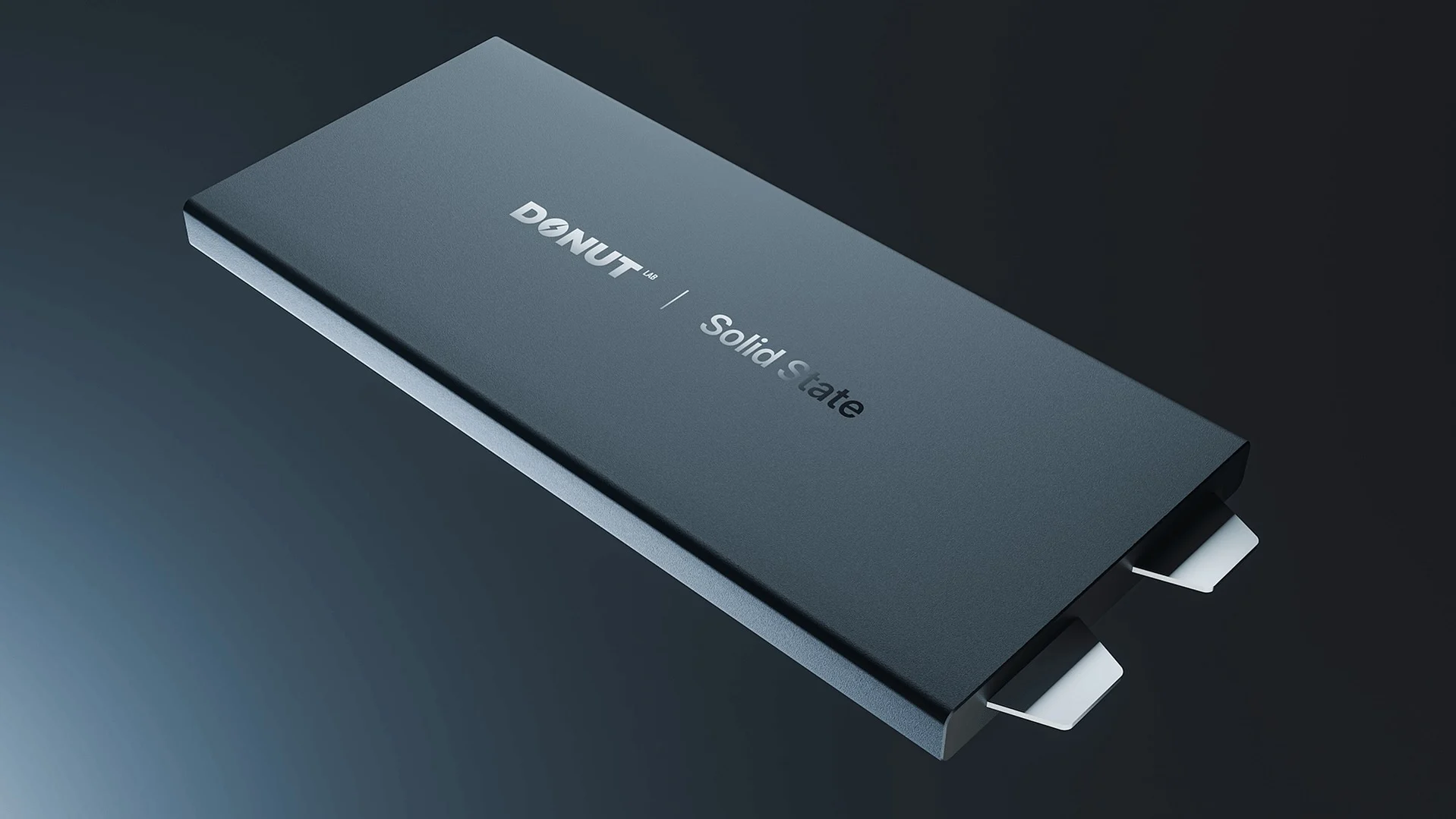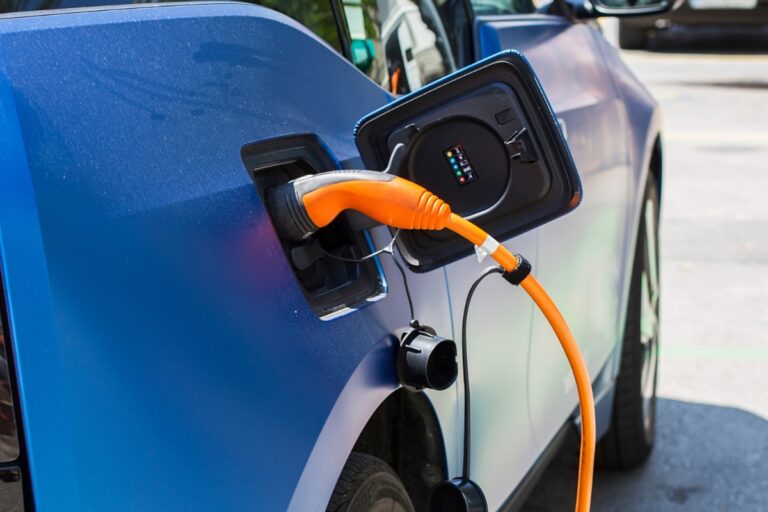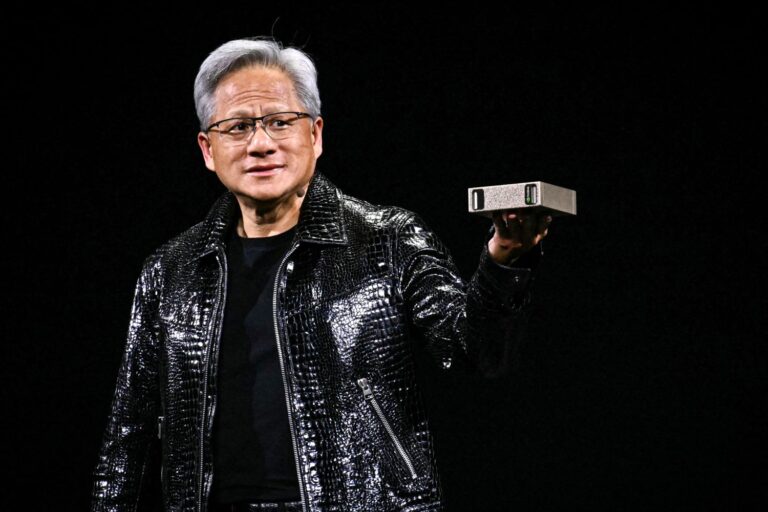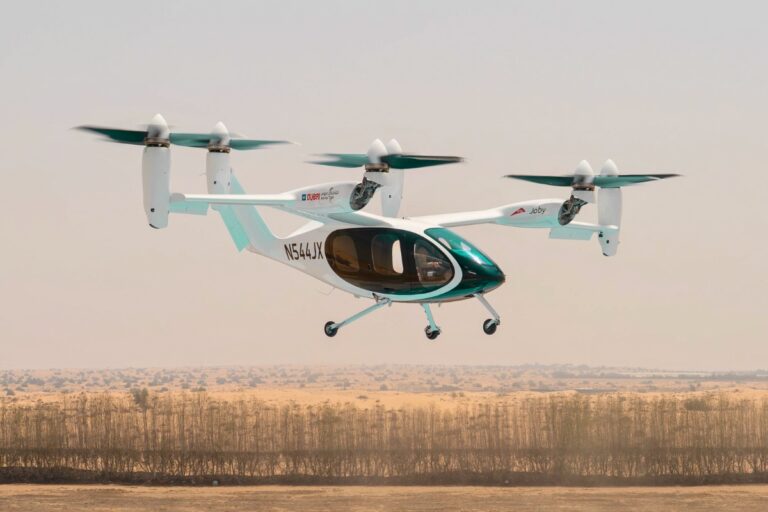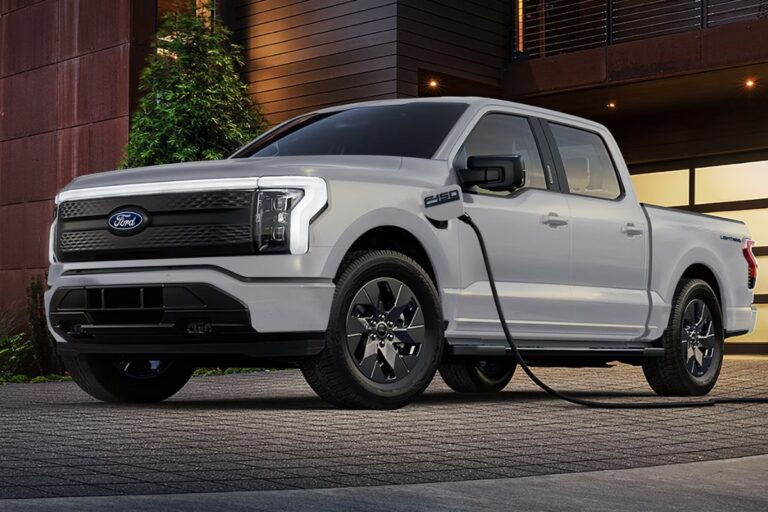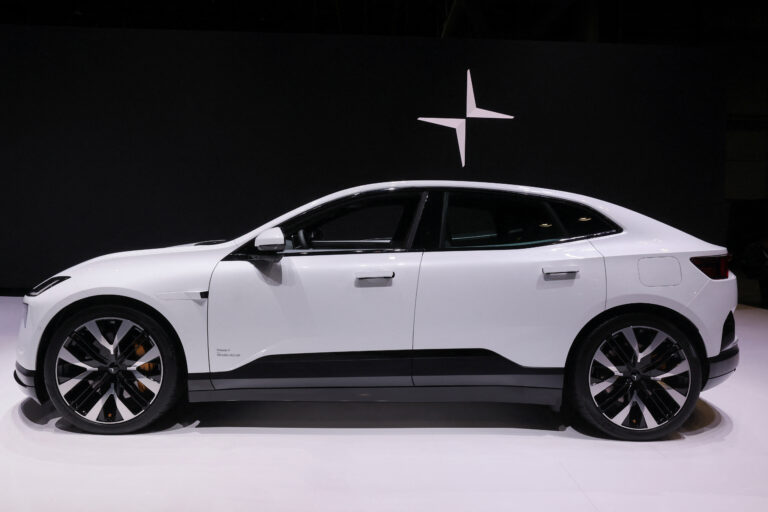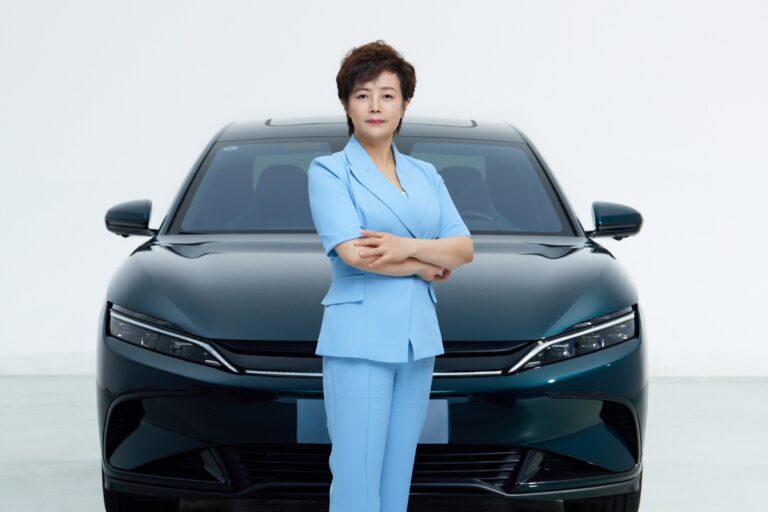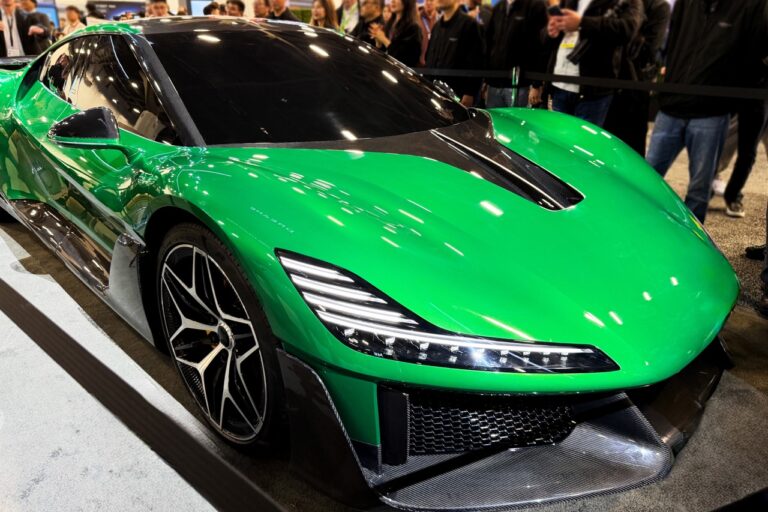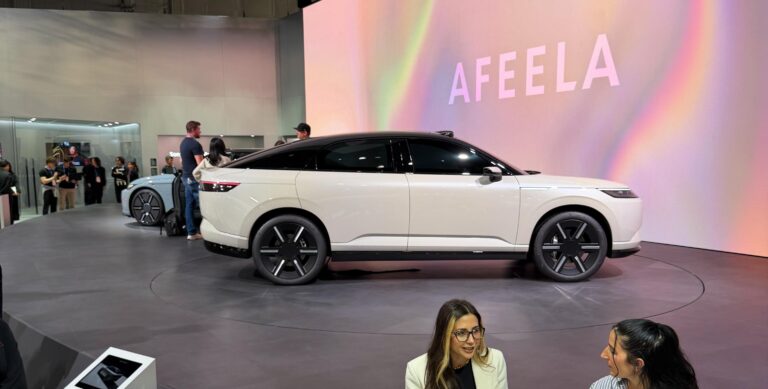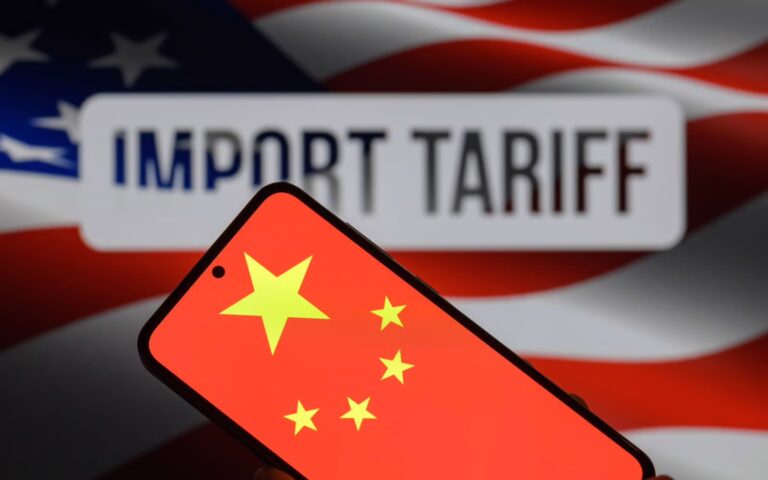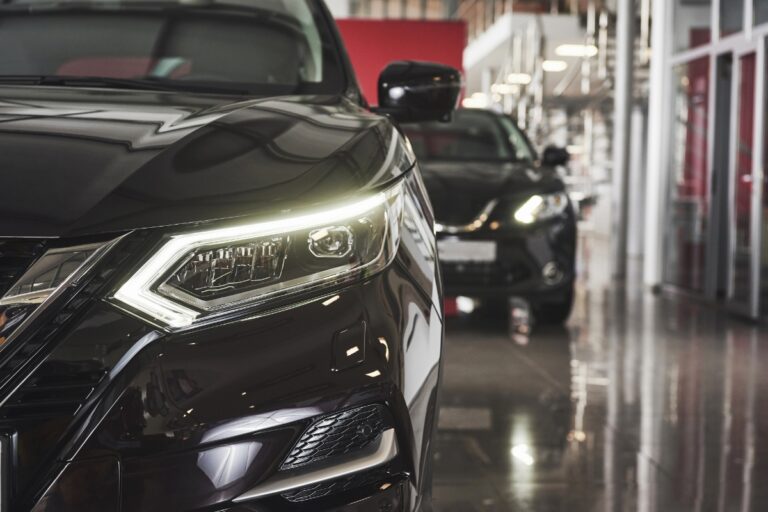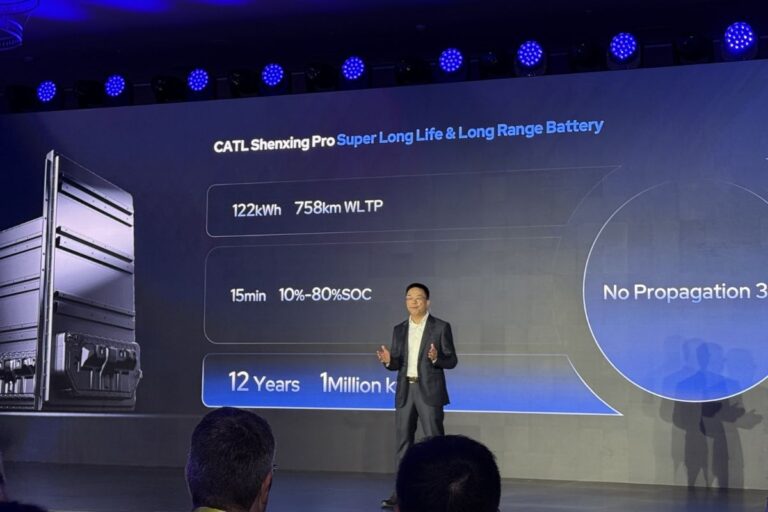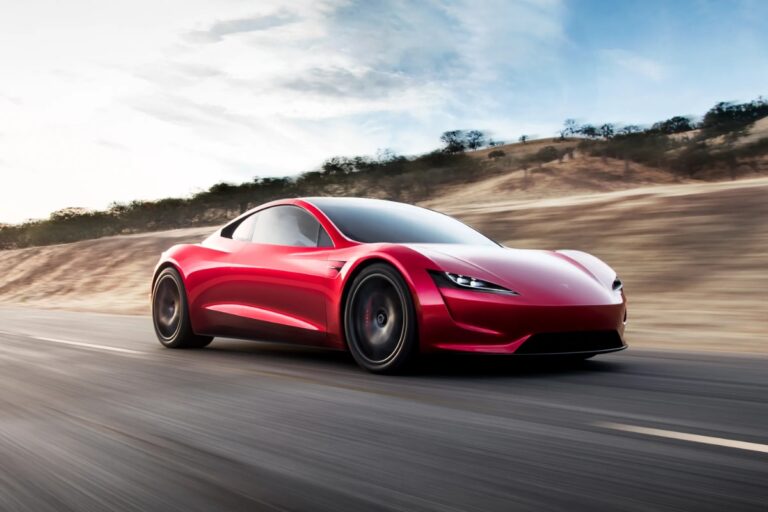Chinese Car snatches the Title of the World’s Fastest Electric Vehicle
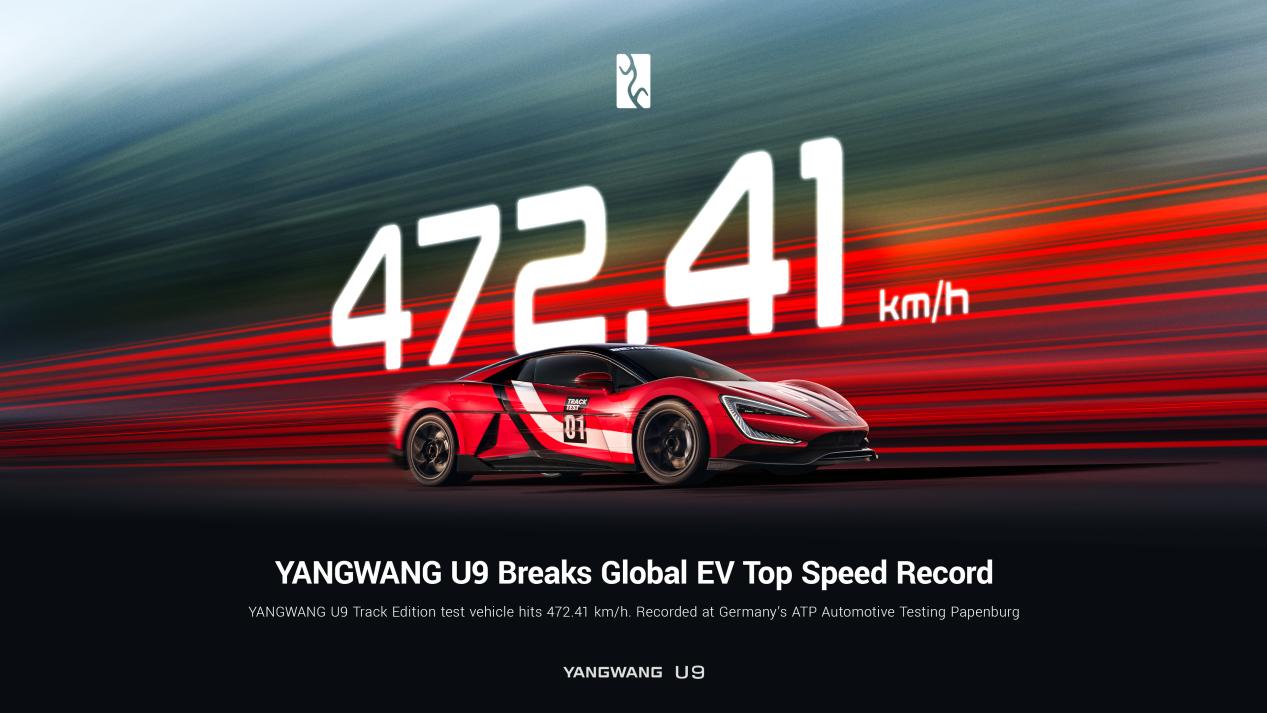
⬤ A new car from China’s BYD has become the fastest electric vehicle in the world, surpassing the Rimac Nevera R.
⬤ The car reached a top speed of 472 kilometers per hour during testing, putting it close to the fastest speeds ever recorded for any production vehicle.
⬤ The milestone comes as BYD edges past Tesla to become the world’s largest electric vehicle manufacturer.
Everywhere you look, Chinese automakers are making global headlines, and BYD is leading the charge. Last year, the company overtook Tesla as the world’s top EV manufacturer by sales volume. Now, it has claimed another major achievement, this time in the race for speed.
The BYD Yangwang U9 Track Edition is now officially the world’s fastest electric car, after clocking a top speed of 472.4 km/h. That figure puts it remarkably close to the realm of top-performing gasoline supercars. The standard U9 features a dual-motor system producing 1,287 horsepower, allowing it to accelerate from 0 to 100 km/h in just 2.36 seconds, placing it among the fastest-accelerating cars in the world.
The new Track Edition pushes the limits even further. It features a four-motor all-wheel-drive system generating a combined 2,960 horsepower, distributing power across all wheels. This gives it a clear edge over the Rimac Nevera R, which previously held the record with 1,989 horsepower and a top speed of 431.45 km/h. The Yangwang’s power-to-weight ratio is also superior, offering more than 1,000 horsepower per ton, compared to about 800 horsepower in the Rimac.
BYD’s previous U9 speed record stood at 391.94 km/h, keeping it outside the top ranks. But with this new figure, the Chinese automaker is closing in on the all-time record for the world’s fastest production car: the 489 km/h achieved by the Bugatti Chiron Super Sport 300+ in 2019.
Footage of the Yangwang U9 suggests that the car could go even faster under optimal conditions, potentially positioning it as a serious challenger to machines like the Koenigsegg Jesko Absolut, which produces around 1,600 horsepower but benefits from a lighter body.
BYD has not yet revealed the price of the new Track Edition, though the standard U9 already ranks among the most expensive Chinese cars at around 230,000 dollars. Even so, the Yangwang remains a relative bargain compared to its European rivals. The Rimac Nevera R, now dethroned, costs about 2.5 million dollars, with only 40 units ever produced.
With the Yangwang U9 Track Edition, BYD has not only proven its engineering prowess but also cemented China’s growing dominance in the high-performance electric vehicle market.










